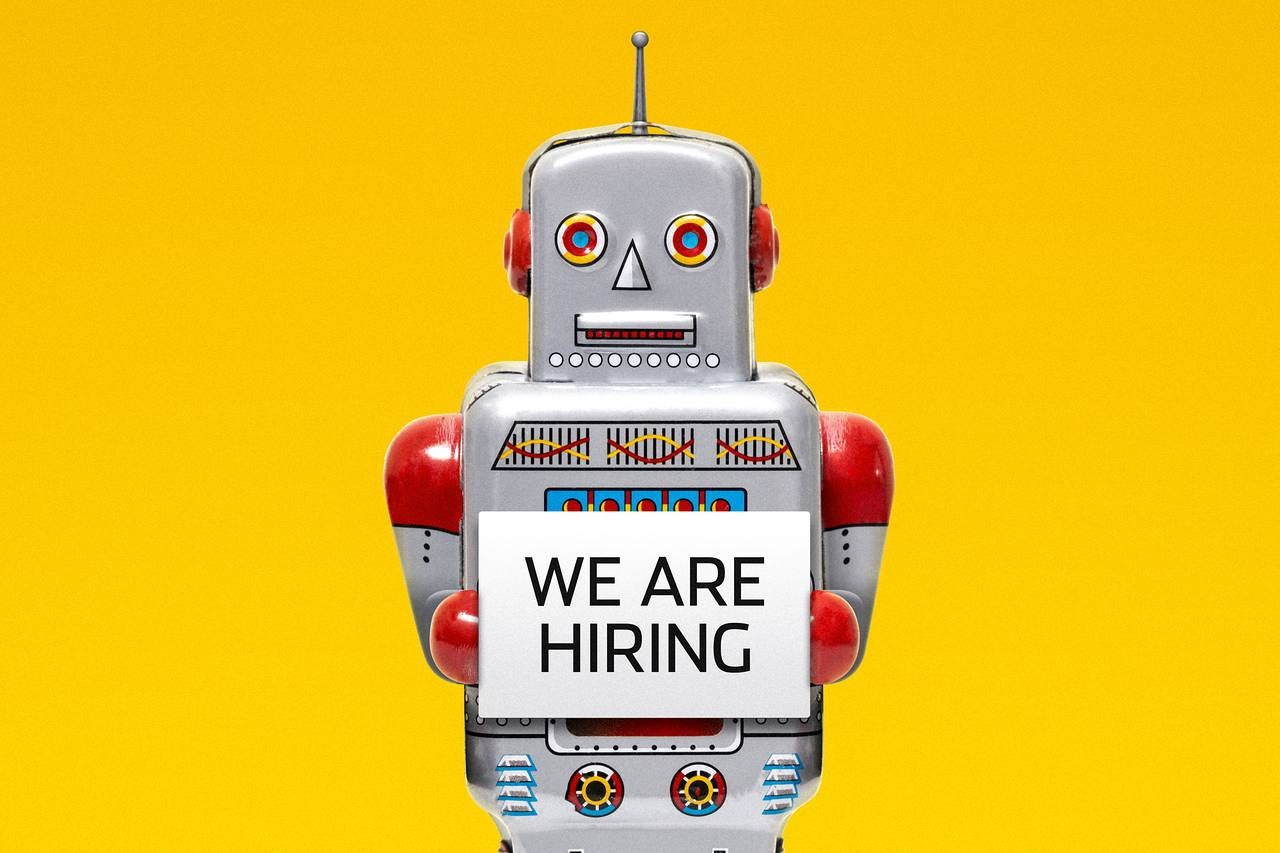In last week’s Radical Reads, we highlighted the surge in recent AI investments. This influx in capital has led to an increase in tech-related job openings across the startup ecosystem as businesses look to build in-house machine learning teams to gain an edge on their competition. The red hot market for the limited AI and tech talent means companies are pulling out all of the stops to land candidates from one of the most competitive global talent pools.
Attracting and recruiting AI talent takes planning, time, and resources. Given the competitive dynamics of the market, companies of all sizes need to consider their AI hiring strategy. Finding great talent in this space is about more than simply identifying candidates. Companies need to develop first-rate hiring processes and to think carefully about how they communicate their business narrative.
As pandemic restrictions start to lift and cities open up, tech workers are emerging with a new outlook on their careers. More people are quitting and re-evaluating the purpose of their work. From our experience placing high-calibre talent, the best candidates are attracted to opportunities where they can make a significant impact by leveraging their unique skill sets. At Radical – where we invest in technologies that will change how we live, work and play – we understand how mission-driven work can fuel great teams. Bold ambition attracts bold talent.
Interested in building the technologies of tomorrow? Check out open roles in our portfolio here.
AI News This Week
-
The future of deep learning, according to its pioneers (TechTalks)
The pioneers of deep learning believe AI systems will soon be able to teach themselves. In a paper co-authored by Geoffrey Hinton, Yoshua Bengio and Yann LeCun, the recipients of the 2018 Turing Award explain the current challenges of deep learning and how it differs from learning in humans and animals. The researchers discuss how deep learning models are growing in sophistication and do not require the addition of explicitly embedded human knowledge and behaviour rules into computer programs (called symbolic artificial intelligence). The paper was published in the Communications of the ACM journal alongside an explanatory video.
-
Transforming the insurance industry with big data, machine learning and AI (Forbes)
The pandemic accelerated digital adoption across most industries, including insurance. AI and its related technologies will transform all aspects of the insurance industry, from distribution, to claims, underwriting and pricing. Access to data has already affected distribution and underwriting, with policies being priced, purchased, and bound in real time thanks to the effective application of AI.
-
How computers with humanlike senses will change our lives (Wall Street Journal – subscription required)
AI combined with special sensors is powering the next-generation of robots. AI is helping robots accomplish human tasks that have been surprisingly challenging for our machine counterparts such as picking up clear items, like an iced coffee cup, or buttoning up a shirt without looking.
-
AI designs quantum physics experiments beyond what any human has conceived (Scientific American)
A machine learning system is making significant progress at the frontiers of experimental quantum physics. Quantum physicist Mario Krenn at the University of Toronto and his colleagues have developed an AI to mix and match the building blocks of standard quantum experiments and find solutions to new problems. In one case, the system cracked a highly complex quantum physics challenge, demonstrating the system’s ability to push human researchers beyond conceptual frontiers.
-
Infrared cameras and artificial intelligence uncover the physics of boiling (Science X Network)
Boiling is not just for heating up dinner. It’s also for cooling things down. Turning liquid into gas removes energy from hot surfaces, and keeps everything from nuclear power plants to powerful computer chips from overheating. The physics underlying boiling water is highly complex. Using predictive AI tools, researchers have been able to crack the challenge following at least 50 years of extensive research in the topic.
Radical Reads is edited by Ebin Tomy.

